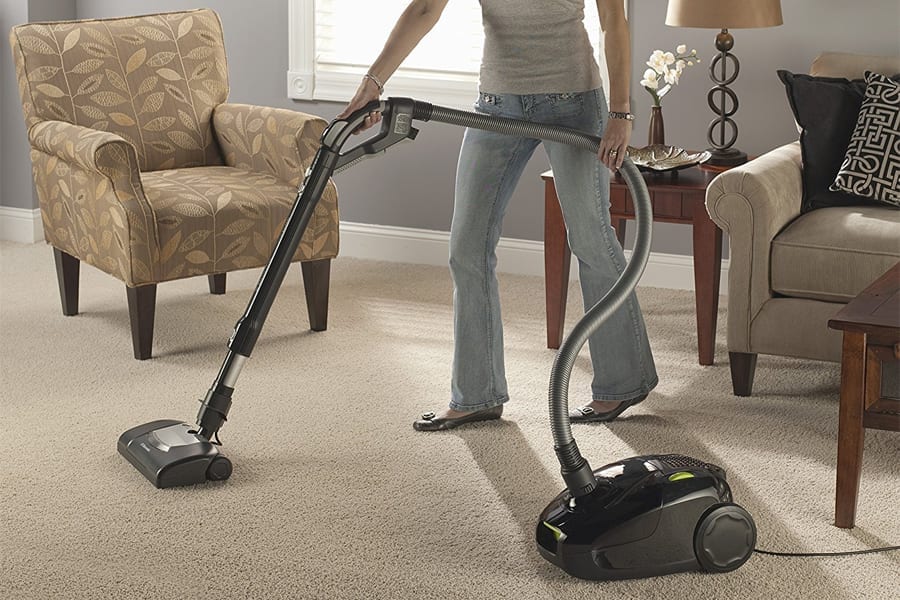Modern technology is often geared towards removing repetitive tasks and making day-to-day life more convenient.
With the US Bureau of Labor Statistics finding that the average person spends 180 hours a year cleaning, it’s little wonder than the cleaning industry is one of the most recently pursued sectors by technologists.
The internet of things has played a key role in overhauling this and making cleaning convenient, and is even helping to negate the need to clean at all.
The Holy Grail – Automation
Delivering cleaning away from its manual roots and towards being supremely convenient is automation. Automation in cleaning has been a factor for a long time, with the likes of Roomba vacuums receiving considerable press attention and cultural relevance.
Nigeria has become a hotbed for innovation in the automated technology sector, with Connected Mag noting huge growth in innovation.
This has trickled through to the cleaning industry, where robotic cleaners have now advanced to a level where they can tackle a wide range of tasks, such as mopping and scrubbing, by using intuitive route mapping technology that seems more at home in a Tesla vehicle than in a domestic setting.
Eliminating Waste
Without waste, cleaning would be unnecessary; it follows that eliminating waste will remove the need for cleaning altogether, and the IoT is taking steps to make that idea a reality.
IoT is already used in municipal and commercial waste management to keep reproduction of resources to a minimum. Moving this into the home has been relatively straightforward.
The likes of Amazon buttons have been able to keep a constant stock on household inventory, and smart fridges keep track of in-date foods within the cooler.
As a result, the actual amount of waste being produced domestically is reduced. This has a positive impact on the amount of waste produced in the home, and keeps trash clean up to minimum levels.
Improving Atmosphere
Cleaning often deals with tangible, visible tasks, like dusting, polishing and clearing trash. What many forget is that the atmosphere in the home is a source of poor hygiene and must also be accounted for.
Nigerian air ranks among some of the most polluted, and this extends to indoor air quality, too. In response to this, IoT innovation has created solutions.
Of most interest to those seeking to keep the home clean are devices that precisely monitor particulates in the air, and combining this data with real-time weather updates, both filter the air and make recommendations on daily activities to the homeowner in order to prevent dirty air entering the home. As a result, the home can be kept clean with a minimum of input.
Using IoT to transform cleaning has banded together several distinct areas of home hygiene. The ability to maintain cleanliness in the house with minimum impact has been a reality for many years, with the Roomba a great example of that.
However, cleaning extends past the process of clearing up the mess already made – it’s an ongoing process, requiring the minimization of waste and the improvement of the environment.
Fortunately, IoT does this on the domestic front, too, providing methods to keep household waste to a minimum and make the air in the home truly breathable.







